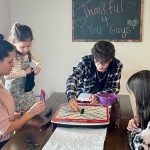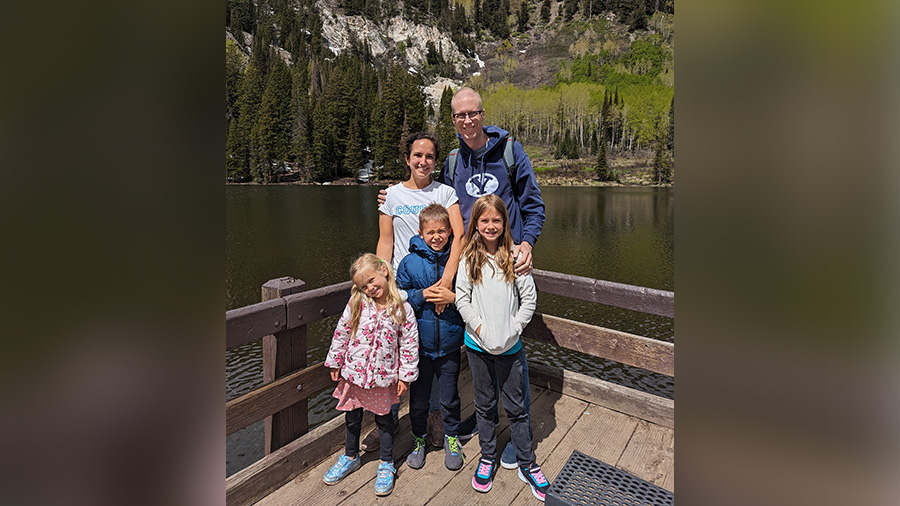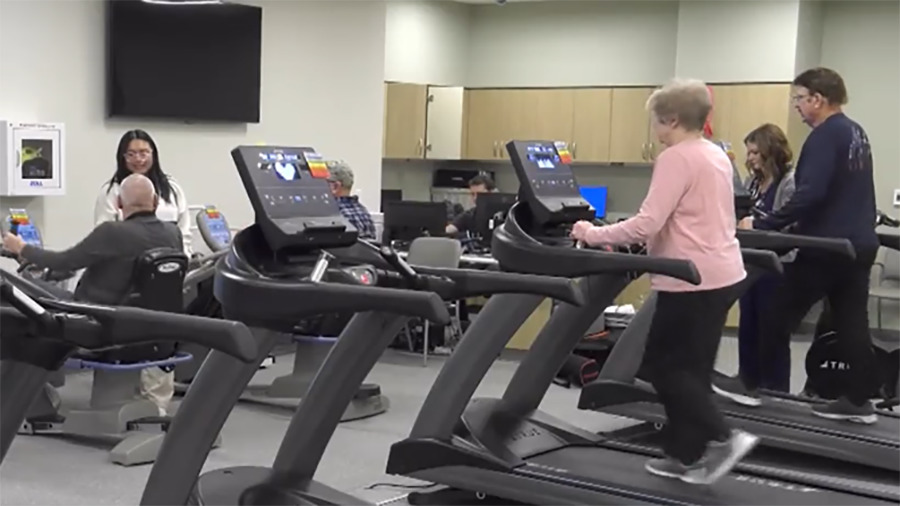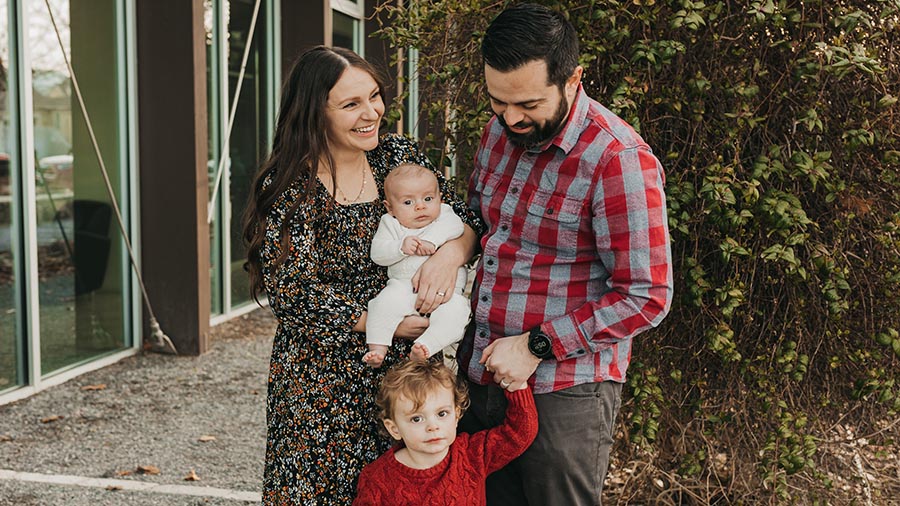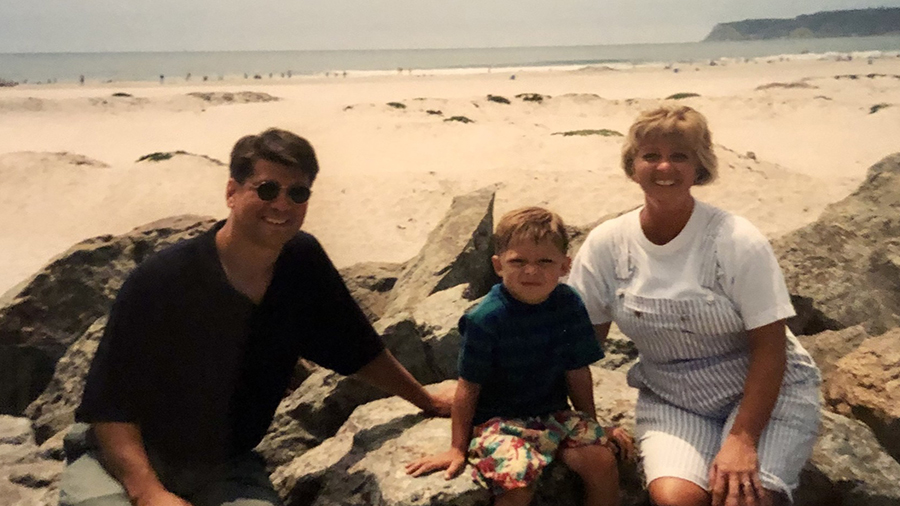Utah mom: ‘We were gonna lose him,’ after son had MIS-C
Nov 18, 2021, 8:04 PM
WEST HAVEN, Utah – Doctors at Primary Children’s Hospital are co-leading a national study about a serious condition some kids get from COVID-19.
A Utah family knows how devastating it can be.
Playing Scrabble is one thing. Finding words for the condition that landed him in the hospital, quite another. “I had pains in my leg, back, neck,” said Abie Martinez, who is 15 and lives in West Haven.
Martinez got multi-system inflammatory syndrome or MIS-C last January, a month after a mild case of COVID-19. “It just felt like everything was draining from me,” he said.
His mother, Cendy Marquez, remembered how the symptoms started. “He became really irritated to light, sound. He started developing fevers that we couldn’t control,” she said. Marquez took him to the pediatrician. “They just rushed him to the ER, because everything, his organs were shutting down. We were gonna lose him.”
Dr. Dongngan Truong with Intermountain Primary Children’s Hospital says about 0.03% of kids who get COVID get MIS-C. “It typically occurs two to six weeks after the COVID 19 infection,” she said. While rare, it’s serious. “That inflammation can affect various organ systems, including the heart, the gut, the blood system, the skin.”
MIS-C is still a mystery. But doctors believe some kids’ immune systems go into hyperdrive, or they have a dangerous reaction to a protein in COVID, according to Truong. It can even happen to kids with asymptomatic infections. “Many kids don’t even know that they had COVID 19 infection in the first place,” Truong said.
Doctors say the best protection is the vaccine.
Martinez is doing well and recently got vaccinated. “Because I didn’t want it to happen again,” he said.
Marquez said, “He’ll definitely choose the vaccine over getting hospitalized again any day.” Martinez is thankful the only pains he has to deal with now are his sisters. “I wouldn’t trade them for the world, even though they are annoying sometimes,” Martinez said. His 3-year-old sister, Alessia Martinez, said, “He’s the best brother in the whole world.” The study is a partnership with the National Institutes of Health. Doctors will follow kids for up to five years after contracting MIS-C

